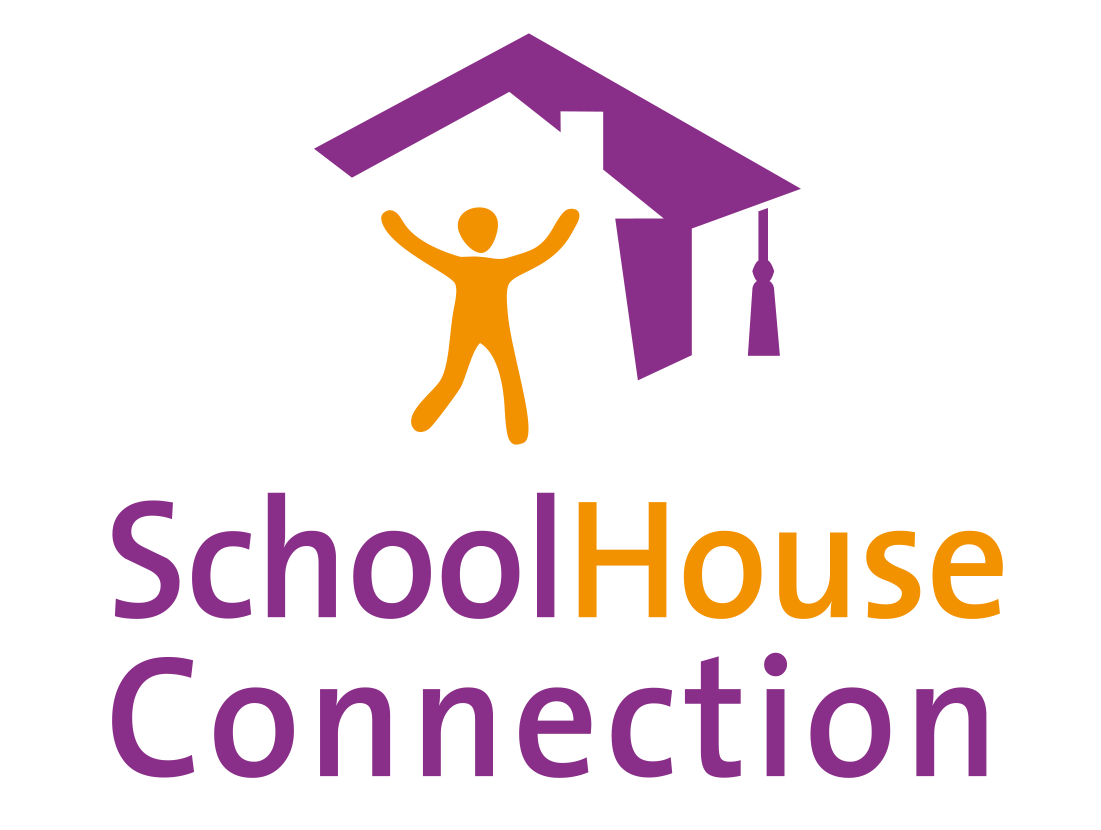Report Reveals 311,961 Children Under Age Three Are Estimated to Be Experiencing Homelessness Across Twenty U.S. States, Only 7% Are Enrolled In An Early Childhood Program

Contact: Devin McMahon, dmcmahon@wearerally.com, (310) 266-5849
The prevalence of homelessness amongst infants and toddlers was unknown until now.
Washington, D.C. — National non-profit SchoolHouse Connection, in partnership with Poverty Solutions at the University of Michigan, released Infant and Toddler Homelessness: Data on Prevalence and Access to Early Learning Programs Across 20 U.S. States, a report revealing the first estimate of homelessness among infants and toddlers in twenty states, as well as gaps in access to early learning programs. This first-of-its-kind analysis finds that an estimated 311,961 children under the age of three were experiencing homelessness in 2020-2021 across 20 states, representing approximately 3% of the 0-3 population. Furthermore, only 7% of these children were enrolled in an early childhood program (Early Head Start, Child Care, or Parents as Teachers Home Visiting). This means that an estimated 289,741 infants and toddlers experiencing homelessness were not identified by early learning programs in these states; many may not even be enrolled.
An estimate of homelessness amongst the very youngest — infants and toddlers — has thus far been unknown. The most current data on child homelessness is from the U.S. Department of Education, which estimates that approximately 1.3 million children under the age of six experienced homelessness in 2018-2019; however, these data are not disaggregated by age.
Said Jennifer Erb-Downward, Director of Housing Stability Programs and Policy Initiatives at Poverty Solutions at the University of Michigan: “If we are going to be able to ensure that infants and toddlers have the support that they need to thrive, we must understand the challenges that they and their parents are facing. Until now, we have not been able to answer the question of how many children ages 0-3 are experiencing homelessness or whether these children are being identified and served by our early childhood programs. The numbers in this report give us a place to start and are a call to action.”
There are many reasons why families experiencing homelessness may have difficulty accessing high-quality early learning programs. For some, the documentation required for enrollment is too burdensome, as they may have lost access to birth certificates, immunization records, and employment verification documents. Other families may be discouraged by being placed on a long waiting list, or may have trouble understanding how to begin the process of enrollment. Lack of transportation to enroll and to participate may stand in the way.
“The low enrollment of infants and toddlers experiencing homelessness in high-quality early learning programs demands action at every level,” said Erin Patterson, Director of Education Initiatives at SchoolHouse Connection. “Early learning programs can change the life trajectory of a child and their family, but this report shows that families experiencing homelessness still do not have access to these opportunities. We hope this is the beginning of broader systems change work to support infants, toddlers, and families experiencing homelessness. Our children deserve better.”
“At SchoolHouse Connection, we know that early childhood education is an over-looked long-term strategy for overcoming homelessness,” said Barbara Duffield, Executive Director of SchoolHouse Connection. “Homelessness is particularly injurious to our youngest children, with lasting consequences. If we are to prevent longer-term impacts of infant and toddler homelessness, educators, providers, and policymakers must collaborate around solutions that give every child the support necessary to thrive.”
The report’s data was collected from 20 states — AR, CA, DC, IL, LA, MD, MI, NC, NE, NJ, NM, NV, NY, OH, OR, PA, SC, TX, WA, and WI — that receive funding from PCI to increase the number of infants, toddlers, and their families receiving high-quality services by at least 50% by 2025.
SchoolHouse Connection and Poverty Solutions at the University of Michigan estimated the total number of children ages 0-3 experiencing homelessness in each state by multiplying the total population of children ages 0-3 reported by the Annie E. Casey Foundation’s 2020 Kids Count by the percent of first graders identified as experiencing homelessness in the 2020-21 school year as reported by the U.S. Department of Education. While using the U.S. Department of Education data on homelessness provides a close to population level count, this approach still yields a conservative estimate of the experience of homelessness among very young children, because the risk of experiencing homelessness is known to be greater for very young children compared to children in elementary school, and the COVID-19 pandemic resulted in fewer children being identified as homeless in school year 2020-21. For more information about methodology and data sources, refer to Appendix A in the full report.
About SchoolHouse Connection
SchoolHouse Connection is a national non-profit organization working to overcome homelessness through education. We provide strategic advocacy and practical assistance in partnership with schools, early childhood programs, institutions of higher education, service providers, families, and youth. Our vision is that children and youth experiencing homelessness have full access to quality learning, birth through higher education, so they will never be homeless as adults, and the next generation will never be homeless. To learn more, please visit schoolhouseconnection.org

Interested in more news like this? Subscribe to the Poverty Solutions newsletter.
